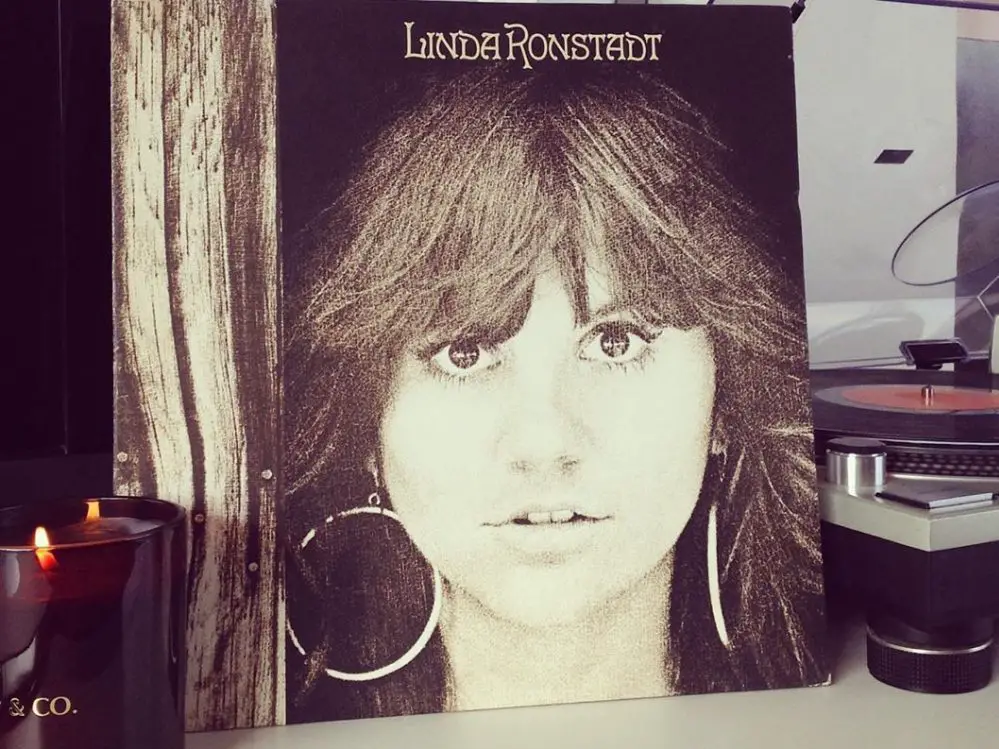James Taylor, the Eagles, Elton John, Led Zeppelin. These names, along with many others, are some of the most iconic musicians from the 1970s. Unfortunately, one of the decade’s biggest stars has not become the most permanent of fixtures in the minds of the general public. Linda Ronstadt, the First Lady of Rock ‘n’ Roll, was one of the biggest acts that rock history has ever seen.
The new documentary film, “Linda Ronstadt: The Sound of My Voice,” released on Sept. 6, explores Ronstadt’s meteoric rise in the music industry and the overwhelming, yet quiet, influence she has had for years. The country-rock singer exemplifies the best that the music of the ’60s and ’70s had to offer.
In the early 1960s, Ronstadt was part of the successful musical trio The Stone Poneys. After her split from the group, she put out her first album, “Hand Sown…Home Grown,” which was the first alternative country album ever recorded by a woman.
This alone would secure her place in the music history books, but Ronstadt was not nearly done leaving her mark on the music industry. Although Ronstadt was not yet the star she would become, she began to gain credibility among the other popular artists of her time, like Jackson Browne, Don Henley and Neil Young.
In the ’70s, there was nobody bigger than Linda Ronstadt; the clarity of her vocals was absolutely unmatched.
She became one of the first mainstay “arena rock” acts, long before the likes of U2 and Def Leppard. With No. 1 albums and a huge following, Ronstadt burned white hot, all while she faced numerous challenges as one of the few women in rock ‘n’ roll.
In an era where women in the rock scene were seen as mere groupies, Ronstadt had to defy stereotypes. She also had to deal with many male backup band members not wanting to work with a female recording artist.
In the early 1970s, she found Don Henley and Glenn Frye at the Troubadour, who eventually teamed up to become the decade’s biggest band, “The Eagles.” Without Ronstadt’s support of their career, it is questionable how far the group would have been able to go.
“Heart Like a Wheel” boosted Ronstadt into ultimate stardom and began a series of ultra-successful albums. Her album “Simple Dreams” would surpass this, selling 3.5 million copies in the U.S. during its first year.
Although these stats was unmatched at the time, it is Ronstadt’s authenticity that makes her such an important recording artist. Even though people said this would ruin her career, Ronstadt made records in every genre she was passionate about, including rock, country, mariachi and opera. Even though she is the First Lady of Rock ‘n’ Roll, that genre by no means defines her.
Ronstadt claims she was often pushed to take on a “red hot momma” attitude, but she remained her feminine and vulnerable self. Throughout her career, Ronstadt made her own choices in who she wanted be, both on and off stage. Being able to balance her true personality and her barrier-breaking attitude is rare for a rocker of this era.
With 10 Grammy awards, a joint star on the Hollywood Walk of Fame, a Rock & Roll Hall of Fame title and a National Medal of the Arts, how is it that so few people recognize her name? In her new documentary, she is referred to as a “Beyoncé before Beyoncé” and as having the greatest voice of all time.
Some attribute Ronstadt’s lack of recognition to the fact that she wrote very few of her own songs. The ’60s and ’70s were the golden age of the singer-songwriter, so just a singer might not have had the same everlasting power.
Some believe that Ronstadt’s recent diagnosis with Parkinson’s has changed the game for her. Many of her contemporaries, like Jackson Browne and the Eagles, still draw huge crowds on tour. With her illness, singing is no longer an option for Ronstadt.
Others suggest that the image of rock has been so dominated by men that the iconic women have been forgotten. Even though, at the time, Ronstadt’s rock image was mesmerizing, it does not fit with many of the stereotypes people associate with the era. Her rock image is not filled with cocaine, groupies in hotel rooms and band fights about musical integrity. Instead, her legacy includes hard work, an indelible voice and bewitching charisma.
Even though she was a trailblazer in the world of music, her voice is often forgotten. But don’t fear — a Ronstadt Renaissance appears to be in order. Along with a new documentary, Ronstadt is being recognized at the Kennedy Center Honors in December. Many of her contemporaries have received this award, and it is finally her turn to be honored. The Kennedy Center Honor is the country’s highest honor for the performing arts, an award most fitting for the First Lady of Rock & Roll.
















